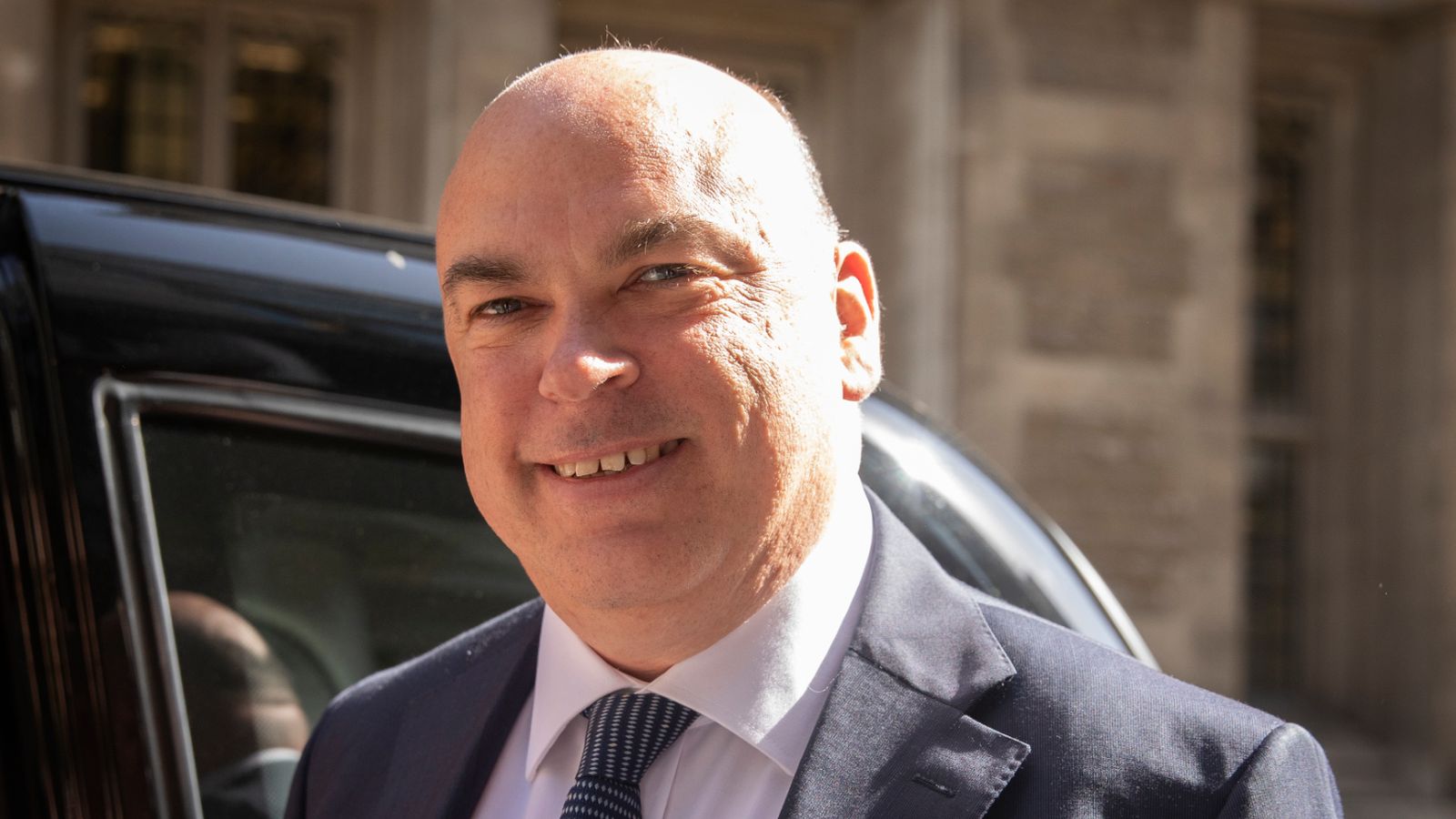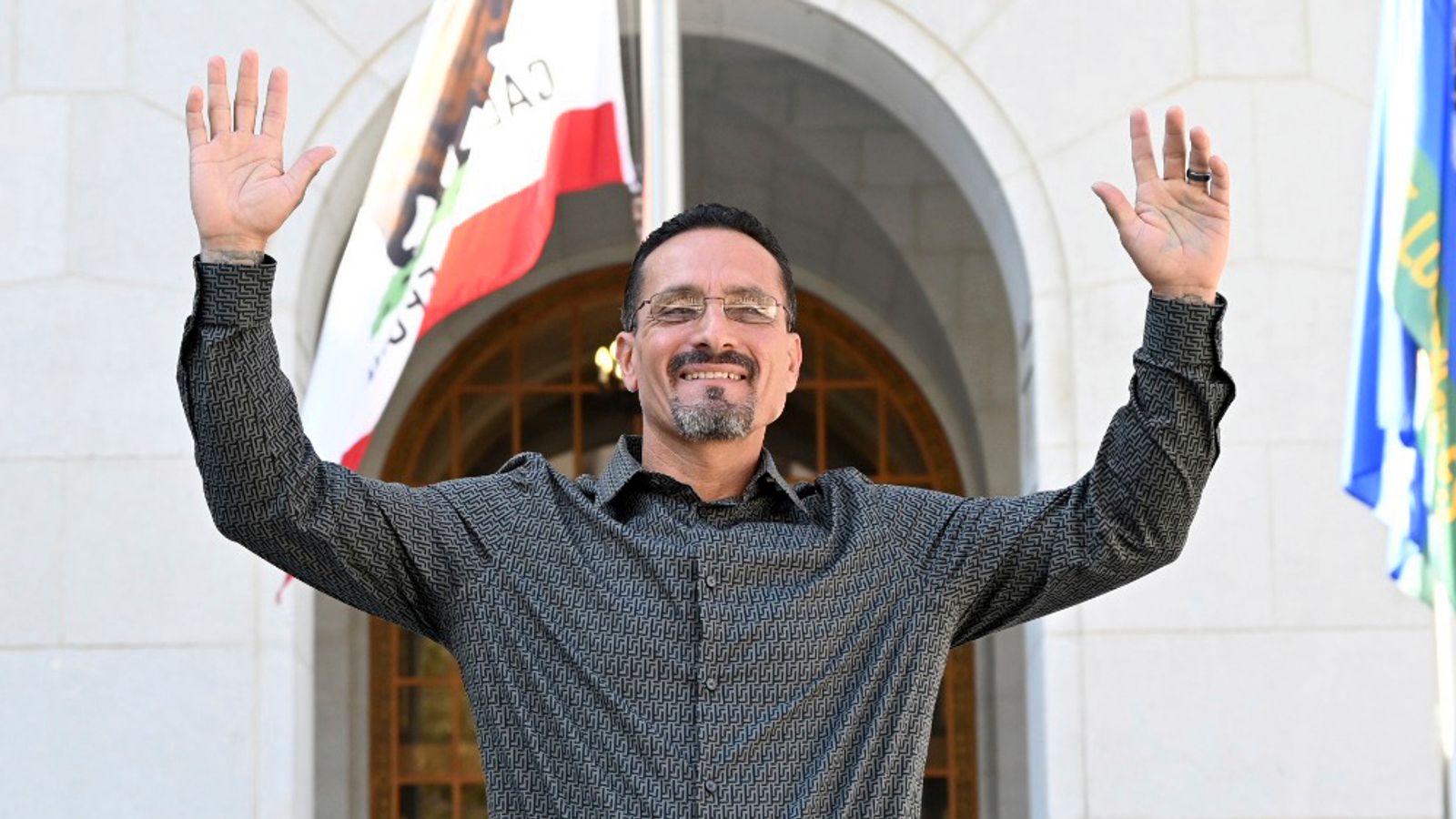A group of prominent British business figures have written to the prime minister to object to the prospective US extradition of Mike Lynch, the software tycoon.
Sky News has learnt that entrepreneurs including Brent Hoberman, the co-founder of Lastminute.com, and FTSE-100 boardroom veterans such as Lord Stevenson of Coddenham, the former HBOS and Pearson chairman, have signed a letter to Rishi Sunak complaining about US authorities’ “unreasonable” use of an extradition treaty.
Mr Lynch engineered the sale of Autonomy, the London-listed software company, to Hewlett-Packard for $11bn.
The deal has been mired in litigation for years, after HP alleged that Mr Lynch and a number of colleagues had manipulated Autonomy’s accounts to inflate its value.
A civil case resulted in HP “substantially succeeding” in its claims in January last year, although Mr Justice Hildyard said it was likely that the resulting damages would be lower than the $5bn being claimed by the American software giant.
Mr Lynch is now appealing against a ruling that he can be extradited to the US to face criminal proceedings, with a decision anticipated in the near future.
Sources said the letter to Mr Sunak had also been signed by Sir John Rose, the former Rolls-Royce Holdings chief executive, and Martina King, a former Yahoo! executive.
Ofgem energy price cap falls – but average household bills still expected to rise
Lidl becomes latest supermarket to impose fruit and vegetable limits on shoppers
Ofgem’s energy price cap has fallen but the real winner is the government
If Mr Lynch’s extradition was to take place, the letter said, it would see a treaty “enacted swiftly after 9/11 to enable the pursuit of terrorists deployed to settle a commercial case already being considered by the UK courts”.
The group of signatories described this as “deeply worrying to anyone running a business in the UK”.
They added that it was “both bizarre and deeply unsettling to see a British founder of a British business, whose dispute is still being considered by a British court, extradited to the US”.
“This sequence of events would clearly intrude on the sovereignty of the British courts and suggest the US can disregard our laws.”
A spokesman for Mr Lynch declined to comment.





